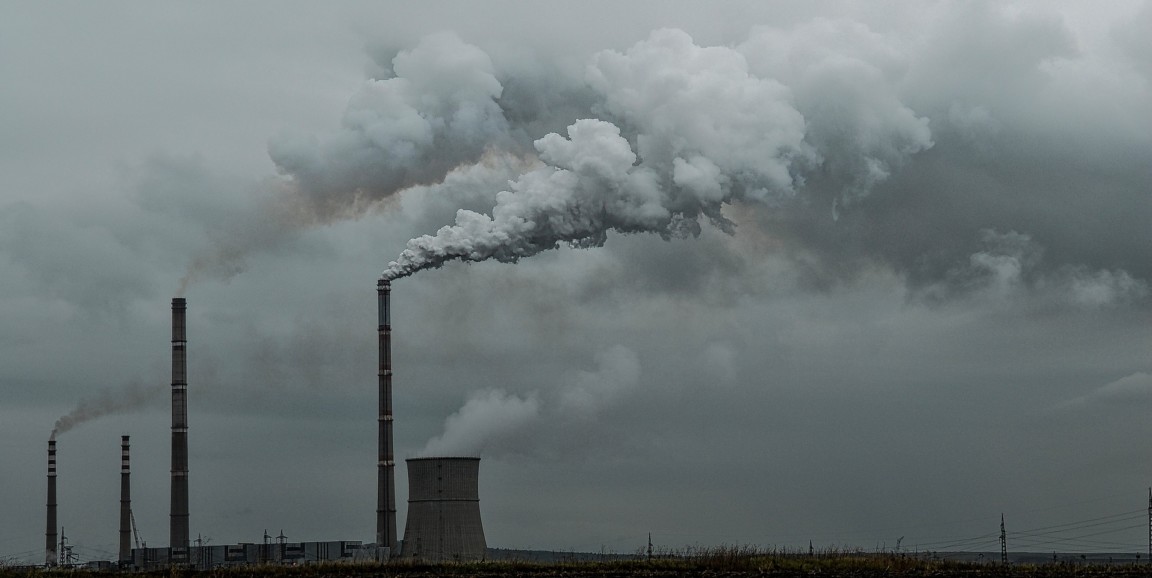How does climate change affect children's health? And what is the significance of a 2009 U.S. government finding that certain greenhouse gases threaten public health and welfare?
As the Global Climate Action Summit convenes this week in San Francisco, affiliated events hosted by Stanford institutes and programs will delve into these and other topics. In a Stanford News Service article ahead of the summit, researchers set the stage for discussions about existing science, new discoveries and the questions that remain.
For Michele Barry, MD, director of the Stanford Center for Innovation in Global Health, clearly communicating the relationship between climate change and children's health is a top priority. However, it remains unknown exactly "how wildfires cause asthma; how infectious diseases change with climate; and how air pollution and fossil fuels have impacted pregnant mothers and their children."
"The problem is that it takes many years to see the impact of climate on health," she said, emphasizing the need for continued surveillance.
Chris Field, PhD, director of the Stanford Woods Institute for the Environment, said evidence has emerged in recent years that further supports the 2009 U.S. Environmental Protection Agency Endangerment Finding decision, which stated that emissions from heat-trapping gases place human health and welfare at risk. He said:
In 2009, we had solid evidence of risks to the major commodity crops, but we did not have solid studies on other important crops like fruits, vegetables and regionally important staples. New studies point to risks for a much wider range of crops and cropping areas. We now also understand risks in areas that were not discussed in the Endangerment Finding, such as those to national security which have played a rapidly increasing role in military planning.
The risk of endangerment is no longer focused only on the future. We now know that climate change is already altering the risk of heat waves, massive wildfires, heavy downpours and the most intense hurricanes.
Some connections between health and climate are documented, but without an understanding of what underlies the association, said Marshall Burke, PhD, an assistant professor of Earth system science. For example, why do suicide and homicide rates increase when temperatures rise?
Answers to these questions would inform policymakers as they navigate the cost/benefit equation of climate change action, he said. He added:
As we learn more about the negative health consequences of a warming climate, estimates of the benefits of mitigation tend to rise -- often substantially. Put simply, we really value our health, and we are willing to pay a lot to not have loved ones (or strangers) get sick or pass away.
Photo by nikolabelopitov




